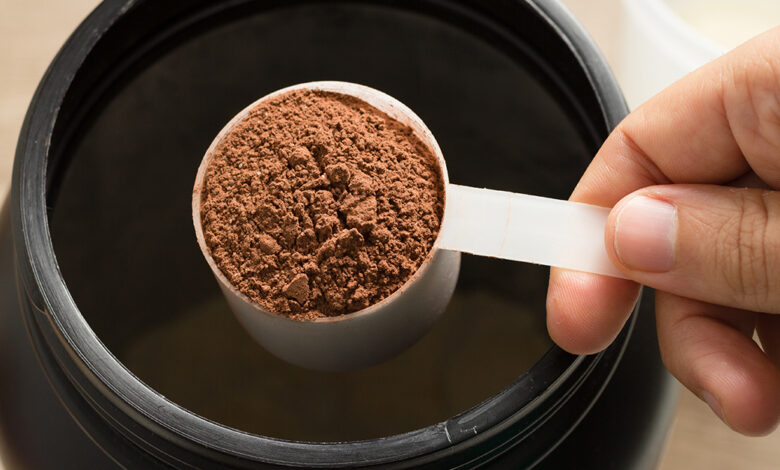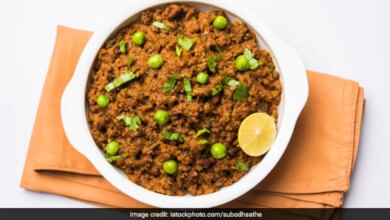How Do You Know If You Need a Protein Supplement?

Some people overdo the protein, particularly when following the standard American or western diet. At the same time, there can be benefits to increasing the amount of protein you get through powder or protein pill supplements.
How do you know which path is right for you?
First, protein is the building block of everything critical in our bodies, including our hormones, skin, muscles, enzymes, and body tissues. Many foods contain at least some protein, which is why a deficiency isn’t common in developed countries, but there are still good reasons you might need more than what you get from your diet.
The Role of Protein in Your Body and Health
Protein needs depend on your sex and age, and the FDA says most people in the U.S. get enough to meet their needs from their diet alone.
Protein is one of the three macronutrients. The others are carbohydrates and fat. Amino acids make up protein, and the order of the amino acids in protein determines the function and structure of each.
There are nine essential amino acids our bodies can’t synthesize, so they have to come from our diet.
There are also complete and incomplete proteins. A complete protein is one with all of the essential amino acids, with examples including animal products, quinoa, and soy. Incomplete proteins include plant foods like nuts, grains, and beans.
In the body, protein plays a role in the balance of fluids, hormones, vision, enzymes, immune system response, and blood clotting.
If you’re an adult male over 19, the recommended amount of protein to get each day is 56 grams, although some experts recommend as much as double this amount. For women, the recommended amount is 46 grams. Many factors influence your need, specifically your weight, height, activity level, and whether you’re pregnant.
How to Get Enough Protein
If your goal is to avoid supplementing and primarily get enough protein from your diet, a varied, healthy diet will do the trick for most people. To add more protein to your diet, replace your regular snacks with items high in protein.
You can add beans and peas to your soups and salads, and you can mindfully swap out carbs for protein instead—for example, instead of toast, have an egg in the morning.
Protein Deficiency
While some people may supplement with protein because they have a specific goal, like building muscle, they don’t necessarily have to do so.
Having a true protein deficiency because of low dietary intake is rare in the U.S, but it can lead to malnutrition.
Risk factors for protein deficiency include certain genetic conditions, the advanced stages of cancer, an eating disorder, and problems absorbing nutrients because of a health issue like irritable bowel syndrome.
Sometimes, a person who is a vegetarian or vegan may deal with protein deficiency.
Symptoms of a lack of protein include:
- Edema, which leads to swollen and puffy skin. When someone has protein deficiency, it can lead to low levels of albumin. When your levels of albumin are low, it causes lower oncotic pressure, leading fluid to accumulate in tissues and causes swelling.
- Fatty liver can occur in protein deficiency, possibly due to impaired synthesis of proteins that transport fat.
- Low protein levels can cause skin, hair, and nail problems.
- The muscles are the main holder of protein in your body. When you’re deficient, you can lose muscle mass. Even moderate insufficiency can cause muscle wasting, especially in older people. Increasing your protein intake as you get older can help slow some of the muscle degeneration that stems from aging.
- You can be more at risk of bone fractures if you have a low protein intake.
- In children, a lack of protein can stunt growth.
- When you don’t get enough protein, it can affect your immune system and put you at greater risk for severe infections.
Benefits of Protein Supplements
Even if you don’t necessarily have a deficiency, you might still opt to supplement with protein.
The biggest reason is that it can help promote muscle growth. Muscle mass goes down with age for many people, leading to fat gain and raising the risk of chronic diseases. When you have a good diet and do strength training, you can slow, prevent or reverse this muscle loss.
Protein supplements like whey protein can also lower blood pressure and may help with symptoms of type 2 diabetes.
Some people take a protein supplement to reduce chronic inflammation, which is linked with serious health conditions.
For people with inflammatory bowel disease, taking protein can help with symptoms of inflammatory bowel disease, including Crohn’s disease and ulcerative colitis.
Final Thoughts
While many people don’t technically need a protein supplement, there are some times when one can be beneficial. If you aren’t sure, the best thing to do is talk to your healthcare provider and seek their advice.




